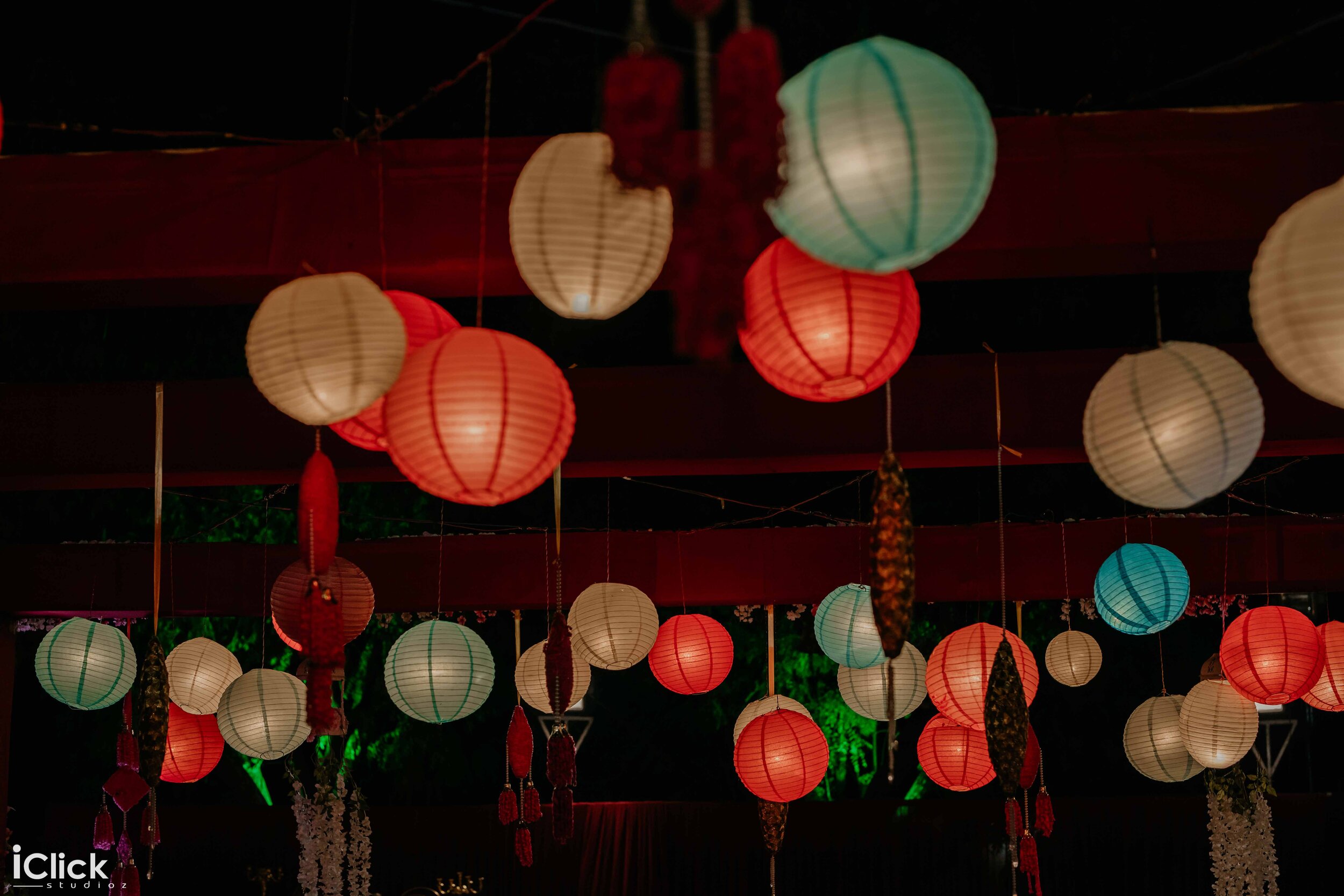By Nikhil Jayswal
Hi everyone!
I hope 2020 has been good for you so far. I am looking forward to a great year ahead. The month of January was packed with many happy moments. The happiest of them was the marriage of my younger brother which happened a few days ago. The wedding was more beautiful than I could’ve ever dreamed and I was overwhelmed with emotions. However, the wedding was also quite a challenge for me. It pushed me to do something I had always been afraid to do and that is what I have decided to share with you in this post.
I have Crohn’s Disease, which unfortunately didn’t respond to any drug. Hence I was given an ileostomy. My stoma saved me, but it did bring with itself a different set of problems to be managed. Travel is one such problem. My stoma is a high-output stoma. I empty my ostomy bag when it is near 90-100% full, which usually happens every 4-5 hours. This poses a problem for me when travelling for more than 2-3 hours.
There are several issues here. I could empty my bag in a public toilet, but there are not many clean public toilets in India. Additionally, people with IBD and/or an ostomy are NOT recognised as disabled. We cannot use accessible toilets which are often much cleaner. Then there’s the taboo associated with poo and the disease and the ostomy bag. Then there’s my slight OCD. :P Because of all these reasons, I’ve never emptied my bag in a public toilet. It has always been my home or a hotel room. When I have to travel, I starve myself for a whole day in advance. It empties my stomach and I travel without worry. It works well for me if the duration of travel is less than 6 hours.
It was a 2-day wedding with a 14 hour long trip to and from the wedding destination. This meant that if I wanted to avoid emptying my pouch on the road, I would have to eat only twice within 5 days. I had never done such a thing before. Doing routine tasks on an empty stomach is very difficult with an ileostomy. This was a wedding! I also had to take care of everything from the groom’s side, which meant that I wouldn't get much sleep or rest. This wedding was going to test my endurance to the limits which made me very anxious.
Somehow, I managed to do it all for three days. But on the fourth day, I ate more than I was supposed to. I was feeling so hungry that I couldn’t stop once I started eating. Also, this was very spicy food which is a big no-no for me. It is a major flare trigger and makes my stoma go nuts. I emptied my pouch before I boarded the bus back home. After 5 hours, my bag was half full. In the next 3 hours, it was 80% full. I was nervous and trying to decide if I could hold out for 6 more hours. After an hour, my bag was full. I knew if I didn’t empty it, a leak would happen. That would make things much much worse for me. So I had to do what I had never done before.
The bus stopped near a restaurant for a short break. I took some wipes, garbage bags, gloves and a fresh pouch with me, and asked my Mom to accompany me. This was the first time I was doing anything like this. I wanted someone to be there to help me in case something went wrong. I tucked a garbage bag in my pants below my stoma and wore gloves. My hands were shaking. After a deep breath, I removed my pouch carefully from the two-piece ostomy system on my stomach and let it fall into the bag. I prayed for my stoma to stay silent for the next 2 minutes. Fortunately, it did. I quickly attached a new pouch and breathed a sigh of relief. I bagged my old pouch twice and then disposed of it. I then had a small meal. My stoma didn’t produce much output for the next 6 hours and by the time I was home, it was only half full. I slept that night with a full stomach which felt very peaceful after the long trip.
I had never done such a thing before, and I probably won’t do it again unless it’s an emergency or a long duration journey. This is an expensive workaround for me. Ostomy bags are not covered by insurance in India. I cannot keep throwing away pouches every 4 hours if I decide to eat during a trip.
I am going back to college after a week. It is a 2.5-hour flight. Adding the time required for travelling to and from the airport and the check-in process, I will need a quiet stoma for 6-8 hours. Hence, I will be starving myself for a day beforehand. Later in May, I have to travel from New Delhi to Chicago for Digestive Disease Week. The travel time is around 24 hours. I will be starving myself for a day again. However, I am planning to eat during the flight. I’ll replace my pouch either during the layover or mid-flight.
Having IBD with an ostomy creates many difficulties for me. Depending on my intestine’s reaction to the food I’m eating, my stoma activity varies. This uncertainty is difficult to deal with. Every time I travel, I wish there were cleaner toilets that I could use. Every time I travel, I fear leaks, because I don’t know what I’d do if one happens. I also wonder if people will be kind to me. Travel was stressful for me even when I didn’t have an ostomy and relied on diapers. I couldn’t change diapers everywhere. I feared the looks I would get from people if I did it in a public toilet. The lack of proper sanitation facilities for the IBD population creates so much distress that many young people do not leave their homes and stop socializing. This seclusion further leads to depression.
In India, being a young adult with IBD is a challenge. Most of us compromise on many other aspects of our life just to be able to work or study. As for travel, I think if we are allowed to use accessible toilets, things will be much easier for us. It will permit us to live a more fulfilling life.
I don’t like ending things on a sad note, which is why I generally refrain from sharing my story. As I share my struggles with you, I’d hate to leave you feeling disappointed. So I’ll leave you with a few words from “Beautiful Pain” by Eminem. These words often inspire me when I am disappointed. I hope they inspire you too.
I'm standing in the flames
It's a beautiful kind of pain
Setting fire to yesterday
Find the light, find the light, find the light
Thank you for listening to me. Have a good day! :)




















